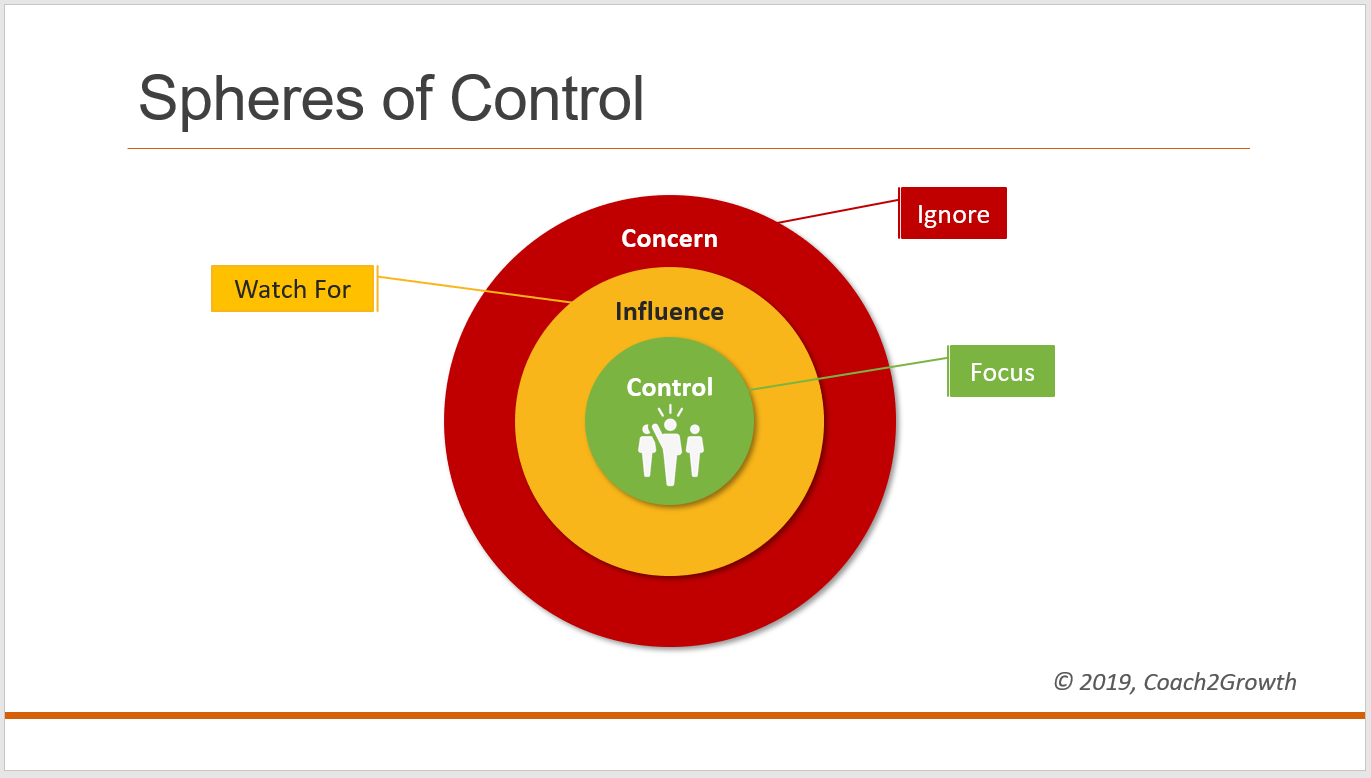Woo! There’s A LOT going on across the world stage right now.
These are not your garden-variety gnat-type changes that annoy you for a little while, or are easily remedied by clearing out the fruit bowl. No, the pace and magnitude of change is more like one of those tenacious, squawking seagulls at the beach that make you cover your picnic basket and grab a stick to protect the children.
Even the most resilient, focused leaders are experiencing angst as they sort through the various geo-political changes in-play. It’s common to become distracted by the call of the sirens as news peppers us throughout the day — in our cars, in an elevator, on our phones, or at the gym with TV monitors everywhere. As a recovering control freak, I admit to some pretty significant chatter going on in my head whilst practicing yoga these days.
Yet, business leaders confront change all the time. Changes in leadership and organizational structure, acquisitions, competitor activities, customer requirements and security breaches all put intense pressure on the people who must deliver against shifting job responsibilities and extremely tight timeframes. “Nature of the beast,” is a common refrain as we rationalize the pace and intensity of our day jobs….until which time, we hit a state of overwhelm and commitments begin to fall off the plate.
And, so, I am reminded of a concept used in international relations and popularized by Stephen Covey. The “Spheres of Control” model provides leaders a way to sort through priorities when they find themselves with too many “bleeps” on the radar screen.

The concept is simple and straightforward:
Our time is best spent on what we can control, and that often boils down to our choices and behavior.
Aside from the items we can control, everything else is an opportunity to shape results, decisions, and direction, or a distraction that takes a disproportionate share of your valuable time. Consciously choosing to spend your time on what you can control and influence results in higher impact outcomes.
Drilling down a bit:
Control: At the core, focusing on what we can control directly is the most effective use of our time. And, most of the time, the only real “control” we have is in how we behave or respond to the situation at-hand, given our interpretation of the circumstances.
For instance: Things I can control might include whether and how I:
- Deliver performance feedback to an employee.
- Keep my team informed of upcoming organizational changes.
- Communicate an important decision.
The more we focus on what we can control – our own actions and responses – the more effective we will be in accomplishing our goals.
Influence: As we move out to the next circle, there are people and decisions that we can influence. We can make recommendations, we can even put pressure on people to see it our way, but ultimately, we cannot make someone do what we want. We can express our views and attempt to persuade.
For instance, I can influence:
- An employee’s engagement by rewarding her in a way in which she likes to receive recognition.
- A decision outside my current group’s purview by communicating my viewpoint clearly and with compelling data.
- Customer satisfaction by demonstrating brand integrity.
Again, I can’t change how an employee or customer perceives my actions, nor implement a decision outside of my area of responsibility.
Concern: At the outer perimeter of the circle we find those matters for which we have concern, (sometimes intense concern), but little to no influence or control. Stress, dissatisfaction and sapped productivity arise when we give energy to areas of concern, rather than those we can guide or directly impact through our behavior.
Areas of concern include:
- A reorg in another department, or change of leadership at the company.
- Changes in government regulation that might impact your firm.
- The opening or closing of an office in another region.
When we feel frustrated or anxious, it’s usually because we are spending too much time lamenting abstract and illusory challenges within the sphere of concern.
Share This Post:

Such a good reminder to not waste energy fixating on items in the sphere of concern. Stress, dissatisfaction and sapped productivity is right! Thank you Jacqueline!
Thanks!